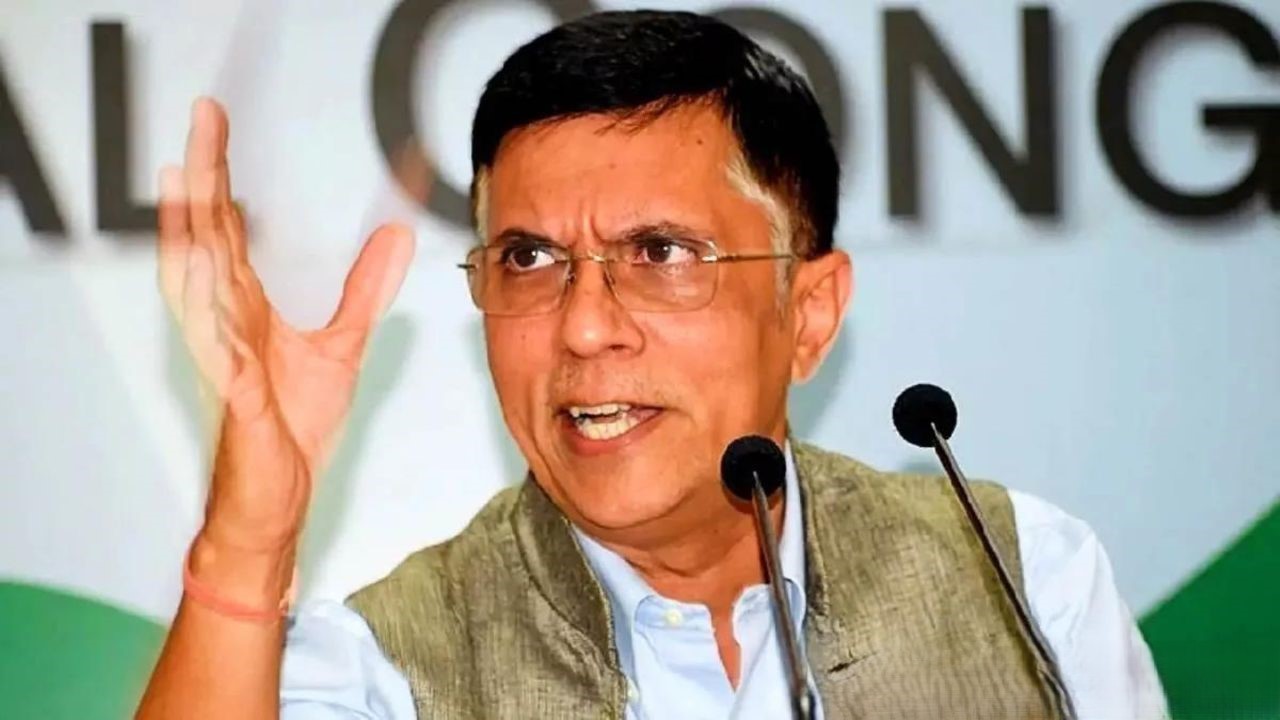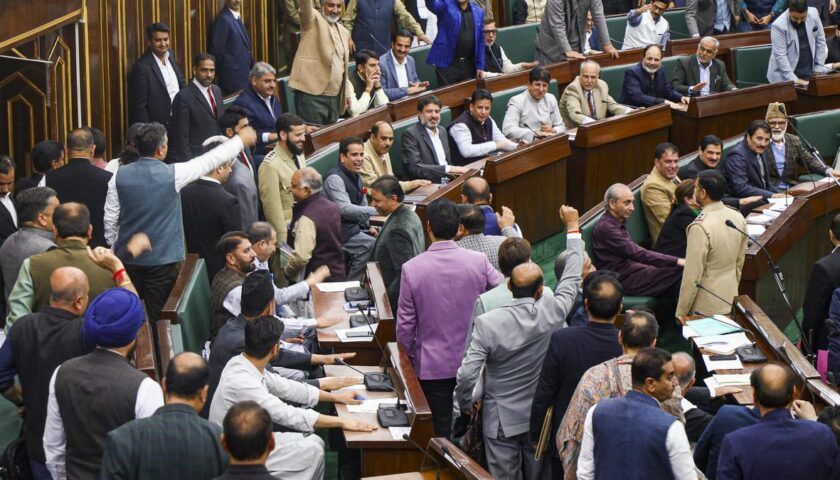Pahalgam Terror Attack Fallout: Congress Slams LG Manoj Sinha Over Delayed Accountability
By: Javid Amin | Srinagar | 14 July 2025
Background: What Happened in Pahalgam?
On April 22, 2025, a terrorist attack in the popular tourist destination of Pahalgam in south Kashmir left 26 tourists dead and dozens injured. The attack occurred in an open meadow near Aru Valley, an area known for scenic beauty—but with limited permanent security infrastructure despite growing footfall.
The tragedy shook the region and raised immediate concerns about security planning, intelligence failures, and tourist safety protocols in Jammu & Kashmir.
What LG Manoj Sinha Said: “I Take Full Responsibility”
On July 13, nearly 82 days after the attack, Jammu & Kashmir’s Lieutenant Governor Manoj Sinha publicly stated:
“There was a security lapse. I take full responsibility.”
While seemingly a rare gesture of accountability in Indian public life, the timing and political context of the statement drew intense scrutiny, especially from the Congress party and opposition leaders.
Congress Reaction: “Too Little, Too Late”
The Indian National Congress slammed the delayed admission, suggesting it was more a pre-emptive damage control measure than genuine responsibility.
Pawan Khera: “An Insult to the Victims”
Congress’s media head Pawan Khera criticized the LG’s statement, calling it:
“An insult to the victims and their grieving families. What took him nearly three months to accept responsibility?”
He added that accountability must be immediate and transparent, not delayed and defensive, especially when lives are lost under state protection.
Manickam Tagore: “Is LG Shielding Delhi?”
Senior Congress MP Manickam Tagore linked the incident to broader questions of central governance, stating:
“The Union Home Ministry, led by Amit Shah, controls law and order in Jammu & Kashmir. Is the LG being used as a shield to protect the political leadership in Delhi?”
In a viral post on X, Tagore wrote:
“You can’t take the photo-ops and dodge the bloodshed. Someone must answer.”
Key Issues Raised by Congress
The opposition’s criticism focuses on several core points:
1. Timing of the Admission
-
LG’s statement came just ahead of the Monsoon Session of Parliament, raising suspicions of strategic timing rather than moral clarity.
-
82 days after the incident, Congress alleges that the government has only offered words, not action or reform.
2. Nature of the Security Failure
-
The attack took place in a known tourist hotspot, with prior warnings of increased militant activity in south Kashmir.
-
No permanent police or paramilitary post was stationed at the site, despite peak tourist activity.
-
Congress claims this reveals not just a lapse—but systemic negligence in anticipating threats.
3. Central vs. Local Control
-
Under the Union Territory framework, the Ministry of Home Affairs (MHA) directly oversees law and order.
-
LG Manoj Sinha is an appointed, not elected administrator, seen by critics as answerable to Delhi, not the people of J&K.
-
Congress argues the Home Ministry must share direct responsibility for such high-profile failures.
The Broader Political Context
This incident and its political fallout touch on deeper fault lines in Kashmir’s governance post-Article 370:
1. Tourism as a Security Trophy
The BJP-led Centre has repeatedly touted rising tourism in Kashmir as a sign of “normalcy” and “development after 370.”
-
Ironically, this attack targeted tourists—undermining that narrative.
-
Opposition argues that public safety is being sacrificed at the altar of optics, as photo-ops replace genuine planning.
2. Democratic Deficit
-
With no elected chief minister and an unelected LG, Congress claims there is no real accountability mechanism.
-
In most Indian states, a tragedy of this scale would prompt a cabinet resignation or legislative debate. In J&K, critics say, “Delhi shields, Srinagar absorbs.”
Voices from the Ground: What Locals Are Saying
Many local business owners, hoteliers, and tour operators expressed frustration at how the incident was handled:
“We are being told to bring in more tourists, but who’s ensuring their safety?” asked a hotelier in Pahalgam.
“Every year, the yatra and tourism season see increased threats. Still, we’re left with temporary bunkers and checkpoints,” said a local taxi driver.
Some even accused the administration of “prioritizing photo campaigns over patrol coverage.”
What Congress Demands
Congress leaders have called for:
-
A time-bound judicial inquiry into the security lapse.
-
Clear accountability from the Union Home Ministry.
-
Permanent security infrastructure at all Category-A tourist sites.
-
Parliamentary debate on Jammu & Kashmir’s security status and governance model.
Conclusion: Is Responsibility Enough Without Reform?
The Pahalgam terror attack is not just a tragic event—it’s a litmus test for how governance functions in a Union Territory without an elected government. While LG Manoj Sinha’s statement may be seen as a rare acceptance of failure, critics argue it is meaningless without structural reforms and accountability at the top.
As Congress sharpens its attack and security remains fragile, the question lingers:
Can symbolic responsibility replace systemic change? Or is it just the latest tactic in a political blame game?




